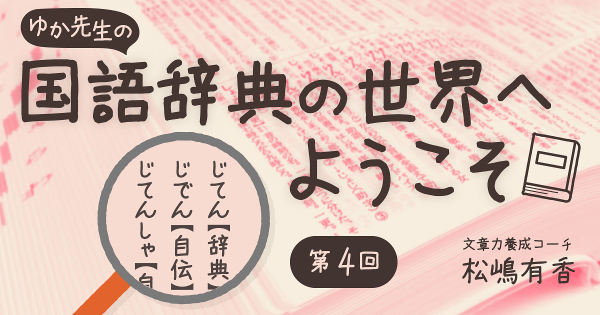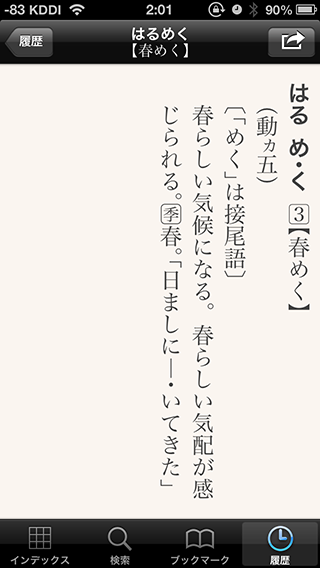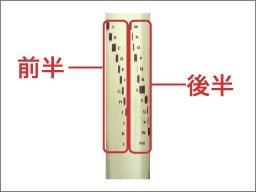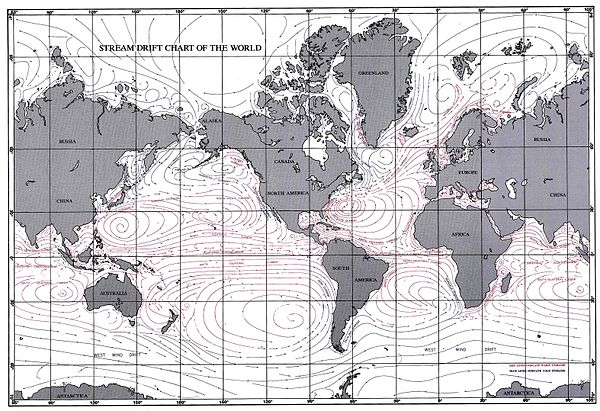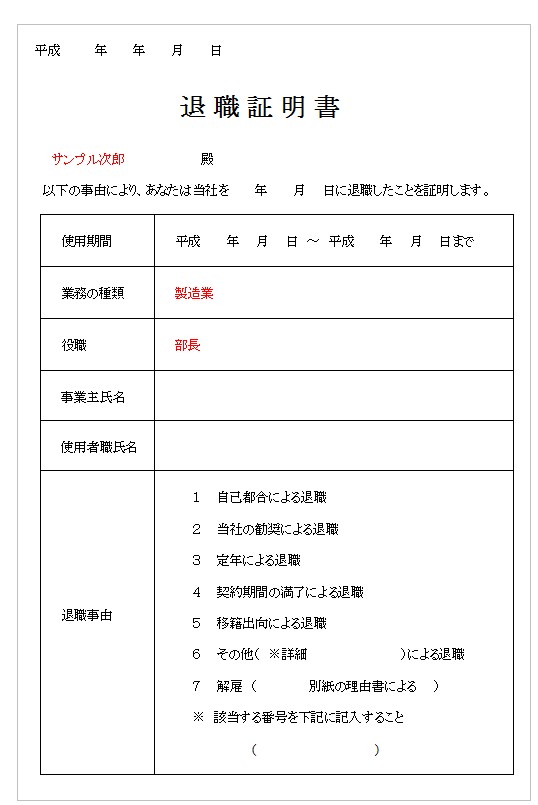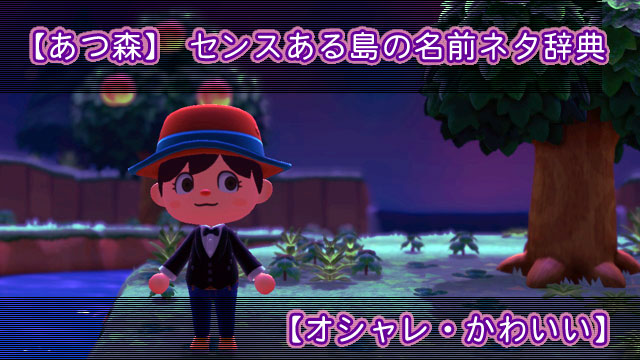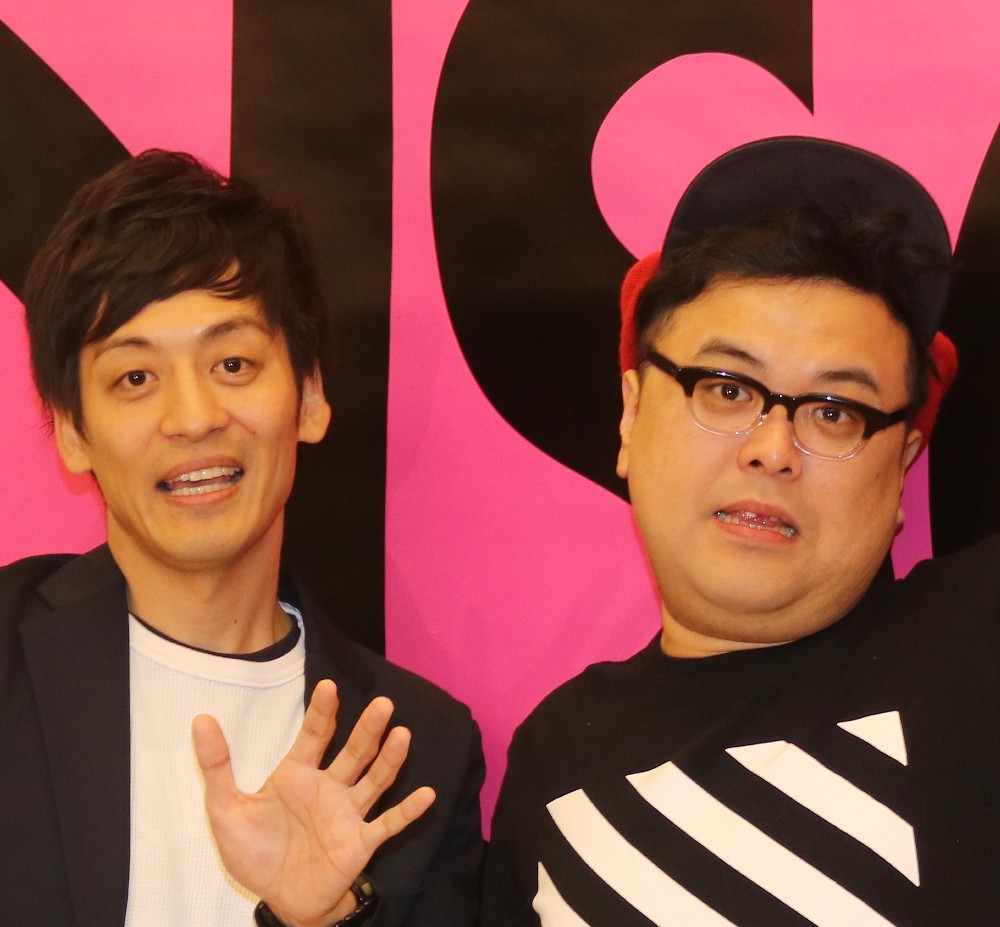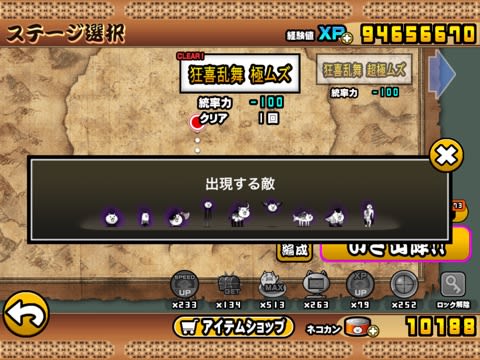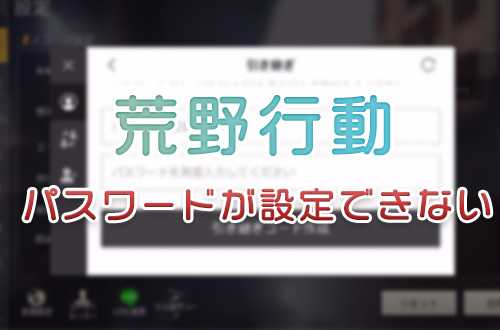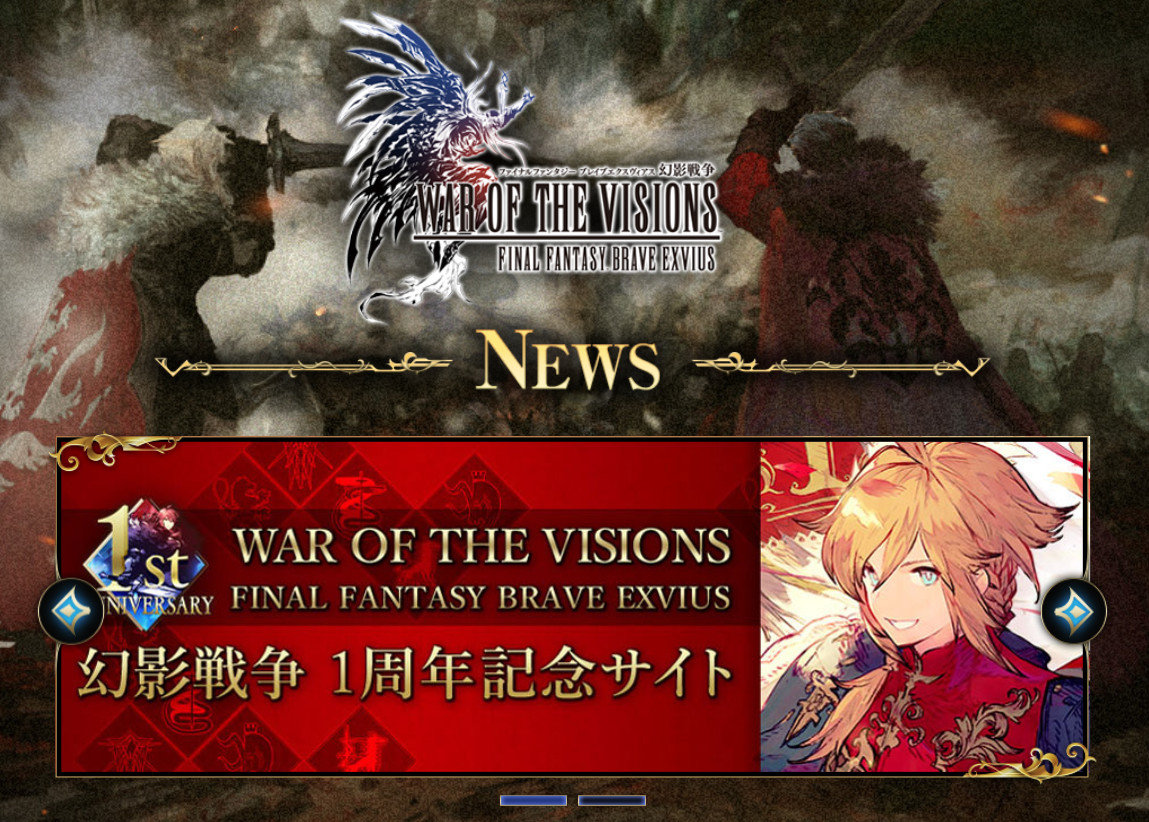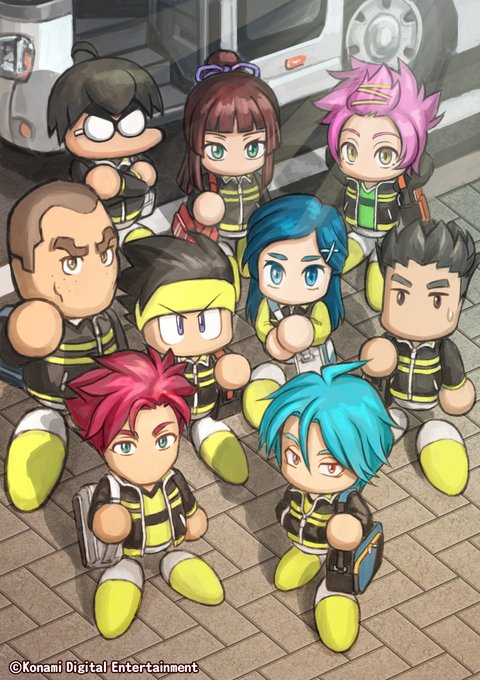辞書 を 引く - 「辞書を引く」。なぜ「引く」なのですか?
辞書を引いてもいいですか?って英語でなんて言うの?
Check it out from the dictionary. In this context, "look up" does not refer to the action of gazing your eyes upwards but rather to doing research. And to make it sound less commanding, the use of the expression may I or Can I may be used as shown in the previous example. In this case that action being to look up a word in the dictionary. For example, if you want to check the train times you could say "let me just look up the train times", etc. There are also a lot of expressions to substitute the expression "look it up"and among those expressions are:seach it up in the dictionary. And to make it sound less commanding, the use of the expression may I or Can I may be used as shown in the previous example. Check it out from the dictionary. Look for it in the dictionary. There are also a lot of expressions to substitute the expression "look it up"and among those expressions are:seach it up in the dictionary. Look into the dictionary and find the word. In this event they may simply inform the teacher what they are doing. Look for it in the dictionary. Look for it in the dictionary. Check it out from the dictionary. In this case that action being to look up a word in the dictionary. The teacher will be well-use to students taking time out of the lesson to briefly check some information. The teacher will be well-use to students taking time out of the lesson to briefly check some information. You may also use the words : May I or can I ex: May I look it up in the dictionary? Look for it in the dictionary. Look into the dictionary and find the word. Sometimes during an online lesson a student may wish to check a word or phrase or meaning in the dictionary. You can also use that phrase if you want to check information for something. For example, if you want to check the train times you could say "let me just look up the train times", etc. All this statements expressess the same thought. These are both polite ways to say this. Check it out from the dictionary. Sometimes during an online lesson a student may wish to check a word or phrase or meaning in the dictionary. These are both polite ways to say this. In this context, "look up" does not refer to the action of gazing your eyes upwards but rather to doing research. You can also use that phrase if you want to check information for something. Look into the dictionary and find the word. All this statements expressess the same thought. Look into the dictionary and find the word. In this event they may simply inform the teacher what they are doing. You may also use the words : May I or can I ex: May I look it up in the dictionary?。
。
「辞書を引く」。なぜ「引く」なのですか?
。
。
「辞書を引く習慣がない子どもが増えている」 国語辞典編集者が最初の動機づけを指南
。
。
引く/曳く/牽く(ひく)の意味
。
。
辞書を引いてもいいですか?って英語でなんて言うの?
。
。
【慣用句】「目を引く」の意味や使い方は?例文や類語をWebライターが解説!
。
。
辞書を引いてもいいですか?って英語でなんて言うの?
。
。
- 関連記事
2021 www.dfe.millenium.inf.br



